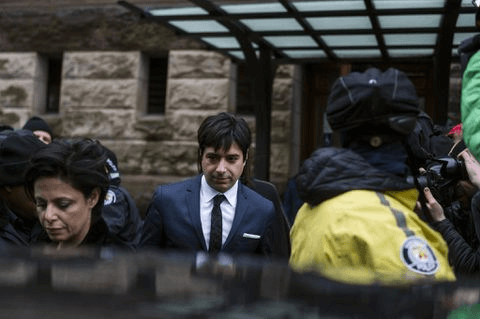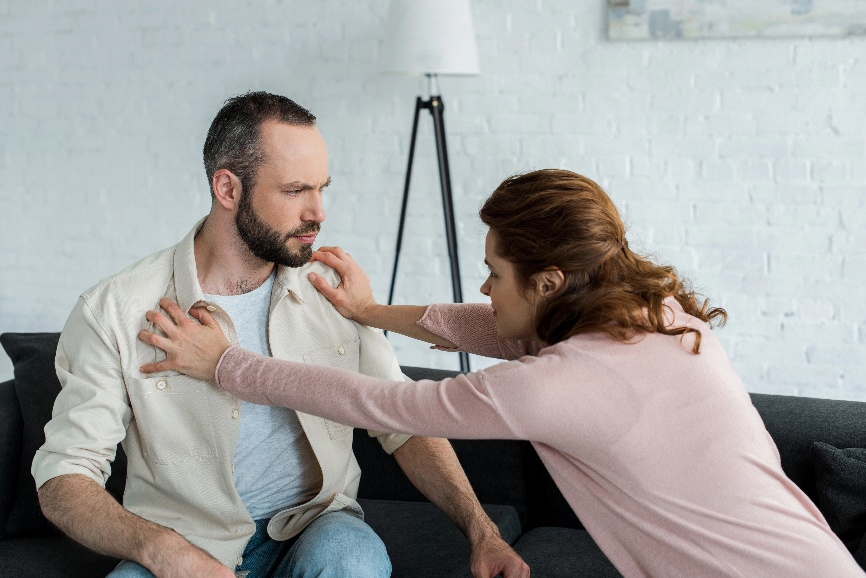Sexual assault is a very serious crime, and it is treated as such by the law, society, and the courts. But it’s often difficult for a court or any outsider to know what happened in a given relationship or interaction. Jian Ghomeshi is an example of that. Originally accused of several charges of sexual assault, Ghomeshi was acquitted, with the judge criticizing the complainants as “deceptive and manipulative” . But Ghomeshi’s trial sparked a national conversation.
 Ghomeshi leaving court in Toronto on March 24, 2016 after being acquitted.
Ghomeshi leaving court in Toronto on March 24, 2016 after being acquitted.
A big part of that conversation was how evidence is heard in sexual assault trials. Bill C-51, which took effect last December, radically changed the rules. It gave complainants the automatic right to make submissions in certain evidence admissibility hearings. Giving this right to the complainants meant that they became a “party” for the court’s purposes. As a party, the complainants became entitled to disclosure from the defendant. Essentially this lets them know the defendant’s theory, and what questions may come up.
But, after a decision from Saskatchewan (not yet reported), that portion of C-51 was deemed unconstitutional. The judge held that:
“The evidence of a complainant is almost always crucial and central in any trial relating to sexual assault. Mandatory disclosure to the prime witness in a prosecution reaches to the centre and integrity of the trial process in such cases.”
The judge in question concluded that C-51 violates sections 7 and 11 of the Charter of Rights and Freedoms. Section 7 is the right to make full answer and defence, and section 11 is the right to a fair trial. The judge held that the changes limited a defendant’s ability to challenge a complainant’s credibility.
One thing to note though, the Saskatchewan case was heard in a lower provincial court. By contrast, two recent Ontario cases upheld the constitutionality of C-51. The Saskatchewan judge distinguished the two Ontario cases because of some differences in legal issues. The Saskatchewan judge referred to Ghomeshi’s case, and the value that cross-examination had in that case. In Ghomeshi’s case, it was the cross-examination which revealed problems with the complainant’s allegations. The Saskatchewan judge noted that even without the C-51 protections, complainants could not be questioned improperly, and that preventing improper questions was very important. Nevertheless, as the defence lawyer in the Saskatchewan case told Brian Platt of the National Post about the case “[t]he Supreme Court has noted that full cross-examination may be the only tool an accused has to challenge the truthfulness of his accuser. The court in A.M. recognized that these provisions would have blunted that tool.”
What this means is that the constitutionality of C-51 is more-or-less ‘up in the air’ at the moment. There are Ontario decisions upholding it, and now another decision holding it to be unconstitutional. To get a firm answer across Canada and court levels, we’ll need to hear from the Supreme Court, and we’re not quite there yet.
The uncertainty in the law, and the blunter tools available to defendants after C-51 make it crucial to retain an experienced, knowledgable lawyer who can guide you through the system, and tell your side of the story. Ghomeshi was acquitted in large part due to his lawyer’s skillful cross-examination of the complainants. It was only that which revealed the inconsistencies. Cross-examining a complainant may be more difficult now, but that’s where experience and expertise come in. Hopefully, we’ll hear from the Supreme Court soon on C-51, and hopefully they come down on the side of fair trials and the right to make full answer and defence. But for now, we’ll have to wait, hope, and see. – S





